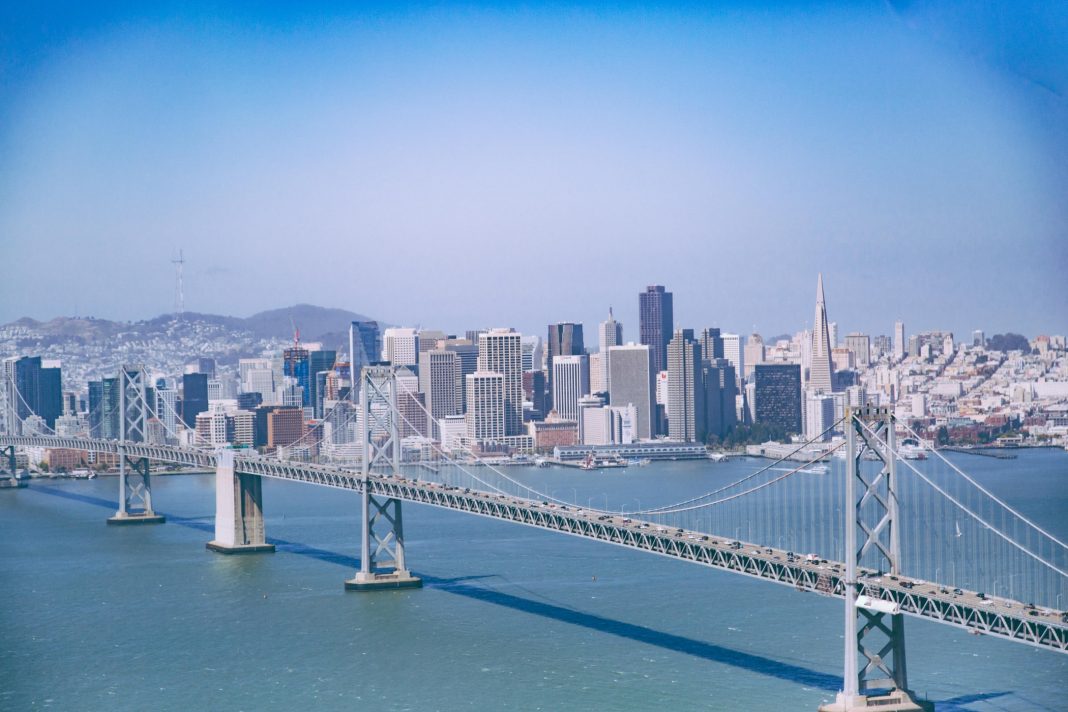SAN FRANCISCO—On Monday, June 29, the Golden Gate Bridge announced they will have new fares starting July 1. The fares for tolls, Golden Gate Ferry, and transit will have new prices due to the five-year toll and transit fare program.
In a phone interview, Public Affairs Manager at the Golden Gate Bridge, Paolo Cousulich-Schwartz stated:
“Our board approved a five-year transit fare program in 2017 and that was a five-year budget program to address a short fall within transit operations in the district. At the time we identified a $51,000,000 deficit that was caused by reduced revenues, higher operational costs and the need to fund the Golden Gate bridge for a project and that program increased transit fares, or busses and ferries for the next 5 years. The five-year toll program is similar and was approved by the board in 2019 and it addresses the $75,000,000 deficit for bridge operations and capital projects.”
On June 24, the Golden Gate Bridge issued the following tweet at 2:24 p.m.:
“On 7/1/20 GGB toll will increase. FasTrak (fr $7.35 to $7.70), Pay-As-You-Go (fr $8.20 to $8.40), Toll invoice rate (fr $8.35 to $8.70), carpool rate (fr $5.35 to $5.70), & multi-axle vehicle.”
Golden Gate Bridge, Highway and Transportation District has lost money.
“At the bottom of the shelter in place order in mid-March through just about mid-April, we were losing $3,000,000,000 a week based on the bridge traffic and transit ridership. So, we did get some relief through the federal’s care act that helps gets us through the end of June maybe or July but long term we are looking at a budget gap in revenues versus expenses next year of 87 million dollars,” said Cosulich-Schwartz
Throughout the coronavirus pandemic, there has been decrease in bridge traffic and transit.
“We are definitely seeing the financial impact of the pandemic and the shelter in place orders so once the shelter in place orders went into effect almost overnight, we saw 70% decrease in bridge traffic and we saw 91% decrease in bus ridership and 99% decrease ferry ridership,” said Cosulich-Schwartz.
July 1 is the date when it tracks to their fiscal year when transit fares and toll increases. The board of directors approve the budget for the following fiscal year during the June meeting.






